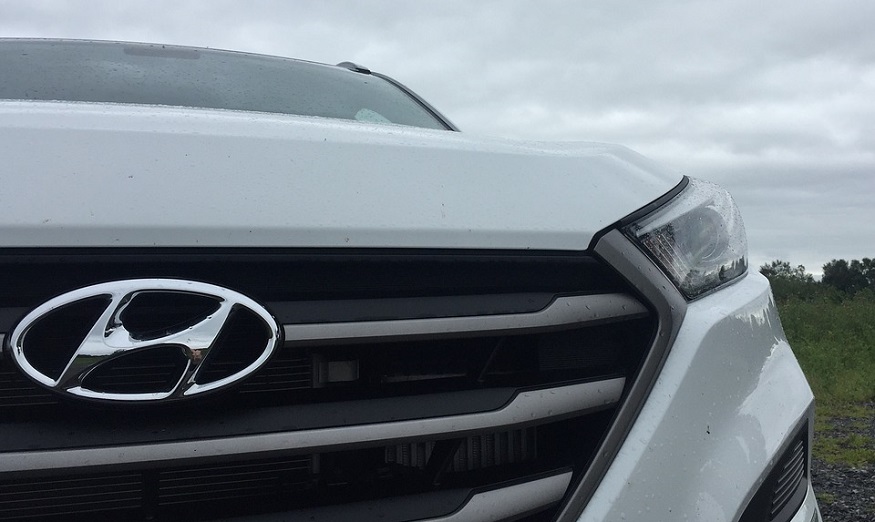
First Australian hydrogen car fleet to include 20 Hyundai NEXO SUVs
March 8, 2021The fuel cell electric vehicles (FCEVs) will be heading out on Australian Capital Territory (ACT) roads.
A hydrogen car fleet comprising 20 zero-emission Hyundai NEXO SUVs have now been registered in Australia for a first in the country. They will be heading out onto the ACT’s roads before the end of the month as a part of that state’s government fleet.
The NEXO SUVs are the first deployment of fully certified and ADR-approved FCEVs in the country.
This hydrogen car fleet also represents the first type H2 powered vehicles will be used by an Australian government. The deployment of these new hydrogen powered SUVs represents an important next step in the country’s ambitious plants to develop a powerful hydrogen economy.
Shane Rattenbury MLA, the ACT Minister for Climate Change and Sustainability, explained that deploying these FCEVs is a positive step in the region’s efforts in the face of the climate change crisis.
“Tackling climate change means tackling transport pollution, and zero-emission vehicle technology is a key part of this,” said Rattenbury.
The hydrogen car fleet deployment is taking place in the same month as its first public H2 fueling station.
The country’s first publicly available H2 refueling station is also slated to become operational later in March. It is located in Canberra and will provide 700-bar rapid refueling for the NEXO SUVs.
The FCEVs will be serviced in Phillip, an ACT suburb and location of the Lennock Hyundai dealership, which is the first one in the country capable of completing that task. It will also provide additional support to the government with its NEXO FCEVs.
The 20 vehicles in the ACT government’s hydrogen car fleet represent only the first of what is expected to be many more FCEVs used by the country’s state governments. Another five NEXO SUVs have been ordered by the Queensland government and are presently being shipped there. According to Cameron Dick MP, the Queensland Treasurer, the purpose of this FCEV purchase is to demonstrate, to the government and private motorists, the viability of H2-powered vehicles for typical road use.
 “We want to demonstrate to the Queensland community that these vehicles can be on the road like any other vehicle,” he explained.
“We want to demonstrate to the Queensland community that these vehicles can be on the road like any other vehicle,” he explained.



 With over 15 years of reporting hydrogen news, we are your premier source for the latest updates and insights in hydrogen and renewable energy.
With over 15 years of reporting hydrogen news, we are your premier source for the latest updates and insights in hydrogen and renewable energy.